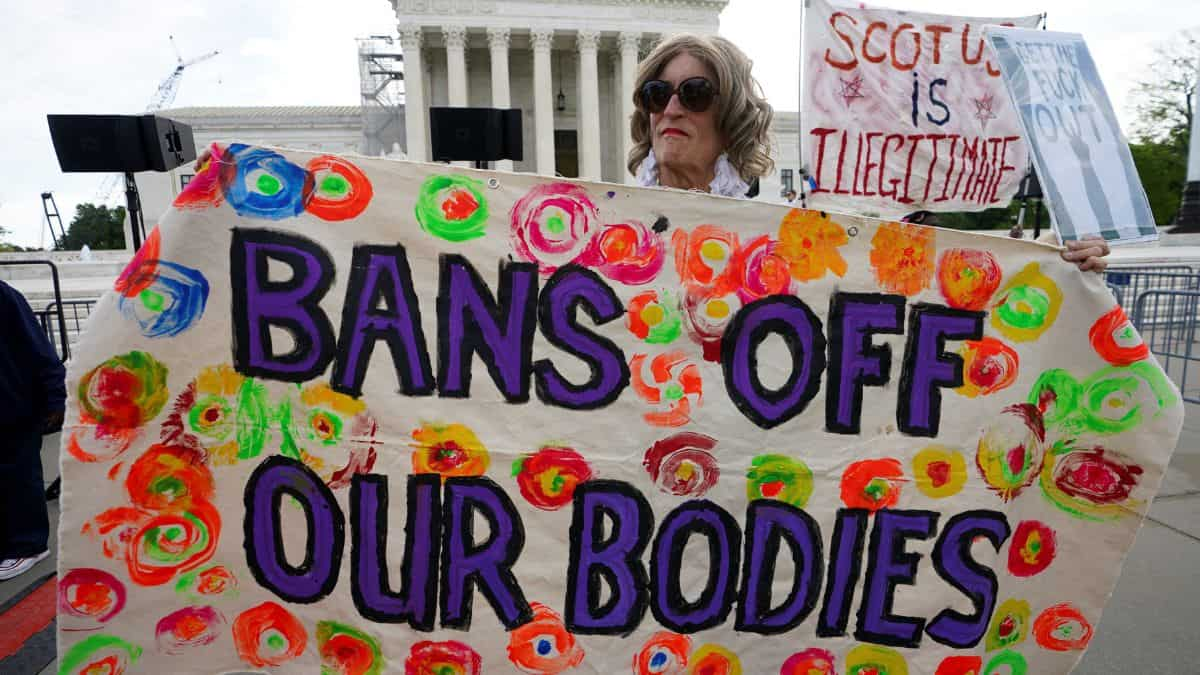Overview
A federal judge has recently ruled on parts of a North Carolina law that restricted patients’ access to the abortion pill mifepristone. This ruling comes amidst ongoing legal battles surrounding the use of mifepristone across the United States.
Ruling Details
Chief U.S. District Judge Catherine Eagles struck down specific requirements of the state law related to mifepristone. These included the mandate that only doctors could prescribe mifepristone in person and the necessity for patients to have an in-person follow-up appointment. Judge Eagles found these requirements to be in conflict with federal law, as the U.S. Food and Drug Administration (FDA) had previously rejected them.
Implications
The ruling is significant, especially as the U.S. Supreme Court is currently reviewing a case brought by anti-abortion groups. If successful, this case could potentially reintroduce the same restrictions on a national level.
Other Upheld Restrictions
While certain requirements were struck down, Judge Eagles upheld other regulations in North Carolina, such as the need for an in-person consultation before taking the pill, as well as undergoing an ultrasound and blood test. These requirements were considered valid as they had not been explicitly rejected by the FDA.
Political Response
Republican leaders from North Carolina’s legislature stepped in to defend the restrictions after Attorney General Josh Stein declined to do so. Stein, a Democrat supporting abortion rights, criticized the law as an attempt to control rather than protect women’s rights.
Plaintiff’s Reaction
Plaintiff Amy Bryant, the doctor who initiated the lawsuit against the North Carolina law, expressed satisfaction with the court’s decision. She emphasized that the state should not interfere with the FDA’s expert judgment regarding mifepristone.
Background on Mifepristone
Mifepristone is a crucial component of medication abortion approved by the FDA for terminating pregnancy within the first 10 weeks. In the United States, medication abortion accounted for over 60% of all abortions last year.
Supreme Court Case
The current case before the Supreme Court originated from a lawsuit challenging the FDA’s approval of mifepristone by anti-abortion groups. Last year, a U.S. District Judge in Texas initially banned mifepristone entirely. Subsequently, the 5th U.S. Circuit Court of Appeals reinstated certain requirements, which were initially imposed by the FDA but later removed. The Supreme Court is now reviewing an appeal from the Biden administration regarding these restrictions.
















































